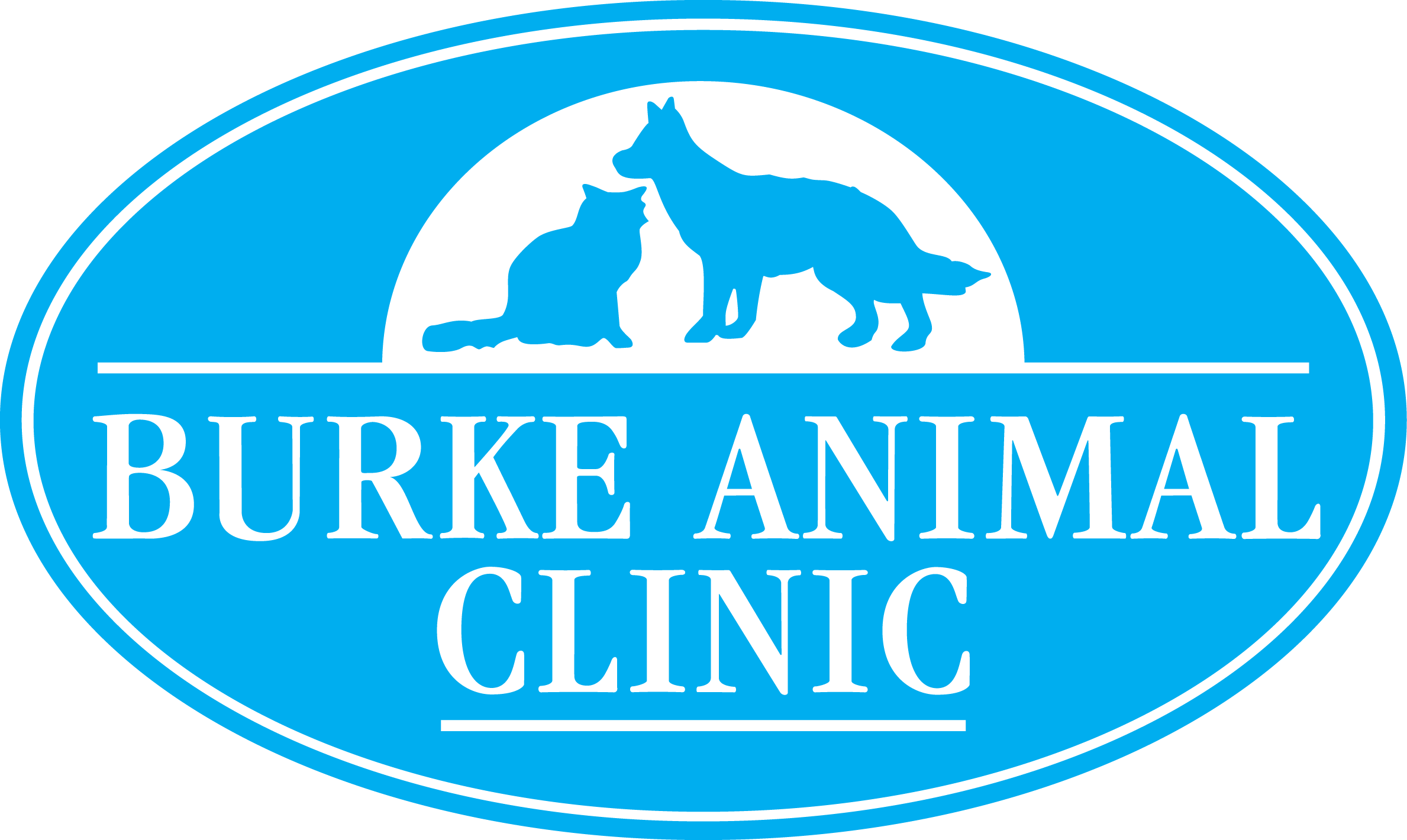Your pet is a member of your family and their health, comfort and safety are important to you. In order to make the best decision on appropriate cancer treatment for your pet, it is critical that you know and understand all of the facts. The best way to gain information is by speaking with your veterinarian in Burke and keep in mind that treatments work best when the cancer is caught early.
To learn more information about cancer in pets and the available treatment options, contact the Burke Animal Clinic.
